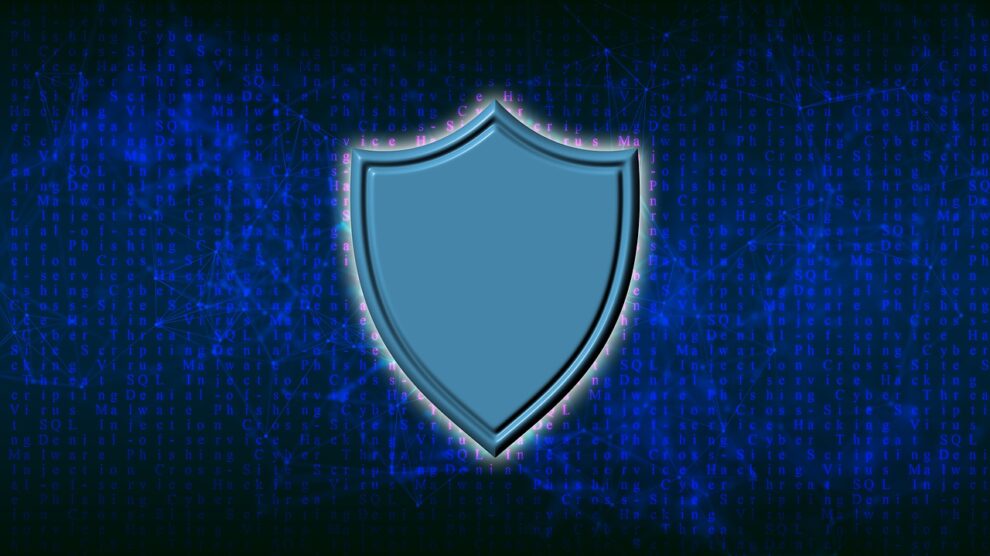Today almost everyone is on the internet and uses it to quickly fulfill their various tasks by sitting comfortably in their homes. However, with a lot of advantages, the internet also opens gates for many critical threats.
To tackle the vulnerabilities that the internet generates, it is essential that your system is equipped with a robust antivirus program. With the ever-increasing virus and malware threats, it doesn’t matter whether your work depends on the internet or not; you must have a good antivirus program on your system at any cost.
Many people have a misconception that all antivirus programs are the same and perform similar tasks. However, that is not true. When you research and compare different antivirus applications, you will see not all of them have identical features.
The type of antivirus you choose will decide how effectively your system would be able to handle the incoming threats. When it comes to selecting a “good antivirus” program, there are some features of antivirus you must consider before getting it.
In this post, we would discuss those antivirus features. It would help you to compare different antivirus solutions and clear all your misconceptions.
What makes a Good Antivirus?
There are several factors that make an antivirus robust enough for effective working. Yes, it should be feature-rich, but the most important thing is, it should be compatible with the system.
Many popular antivirus programs available on the internet, such as TotalAV and Avast, comes with lots of features and tools. Obviously, the reason for their popularity is because they are quite effective. However, that does not mean that you should blindly go for them. It might be possible that your system is incompatible with them.
Therefore, while comparing the features of antivirus programs, you must check its compatibility with your device’s configuration. Then only it would be a good antivirus for your system.
Top Antivirus Features to look for
Now let us discuss the top features of antivirus that you should consider before going for it.
Real-Time Threat Scanning
Threat scanning is the process of looking for threats in the files and folders of the system. The scanning process is one of the primary objectives of any antivirus program, but not every program performs it in real-time. Real-time scanning is a must feature for any antivirus. With real-time scanning enabled, the users don’t have to worry about scanning the device manually. The antivirus would always be on alert for incoming threats. However, timely you should perform manual scanning too. Also, this feature can use extra system power as the antivirus app needs to be always active. Without real-time scanning, it becomes relatively easy for viruses to infiltrate your system, so this feature should be on top of your priority list.
Auto-Clean
This is another handy feature but lacks in many famous antivirus programs. On research or based on your experience, you will find that many antiviruses would scan and detect the malicious files or programs, but rather than deleting, they will either put them in quarantine or leave it on the user to take any action. This can be beneficial if any false-positive is detected. Still, dangerous malicious files such as trojans, spyware, and others must be immediately removed as they might replicate and cause more damage.
Auto Updates
For a security program to work effectively, it needs to be regularly updated with the latest threat signatures. Update to the newest version will allow the antivirus to catch the latest security vulnerabilities and reduce false positives. Updating also corrects the glitches and other issues of the previous version. If an antivirus is capable of updating itself automatically, then it will be apparently more effective than the ones that only get manually updated. So, auto-updating is also a considerable feature for antivirus software.
Whitelisting
Sometimes it happens that antivirus programs detect and remove the genuine files because of the false-positive results. Those files could be imperative for you and might be difficult to recover. For avoiding such conflicts, the antivirus should have a whitelisting feature. In whitelisting, you are allowed to add the programs and files that are essential for you and can be skipped during threat scanning. Apart from that, it would also decrease the scanning time. An important point to keep in mind is that, in the whitelist, you must only include the files or programs that are trustworthy and virus free.
Firewall
The Firewall is an essential security feature and must be included in the antivirus application. A Firewall system is a network security feature that keeps an eye on all of your incoming and outgoing network traffic. By monitoring the network, the Firewall ensures that no threat can bypass your network and infiltrate the system. It also makes sure that there is no unauthorized network access.
Identity Protection
With time, an individual’s online presence keeps getting broader, especially with the rise of social media. It isn’t easy to gain anything from the internet without providing your details such as name, address, phone number, and email ID. While providing such information to any site, apart from the site owner, it is also the duty of the antivirus program to safeguard your sensitive data from hackers and trespassers.
Protection from All Threats
Many traditional antivirus programs are designed to detect and remove only a specific type of threat. However, with the ever-increasing risks, the modern antivirus needs to be prepared for every kind of threat that it comes across. There are many malicious programs such as trojans, spyware, adware, and others that can harm your system in many ways. An antivirus should be robust enough to tackle all such targets.
User-Friendly Interface
Any program with an attractive and interactive interface will be naturally first to catch the consumer’s eyes. The same goes for antivirus applications. If an antivirus is full of features but has a confusing interface, its functionality would be underutilized, and the users would prefer it less.
Impact on System
Another important factor. Antivirus must be designed in such a way that while it is active, it shouldn’t decline the system’s performance. Even a low-end system should be able to run the antivirus program without any complications.
Speed
In this fast-moving world, it is crucial for an antivirus program to scan the system fast and efficiently. Many traditional antiviruses take hours to scan the whole device, which the modern computer users can’t afford. Also, enhancing the scanning speed shouldn’t hinder the accuracy of the antivirus.
Final Words
This post guides you through the top features an antivirus must have. It would help you to quickly decide on which security solution provider you must go for. It might not be easy to find every listed feature in a single program, but you must go for the program that has most of these.





